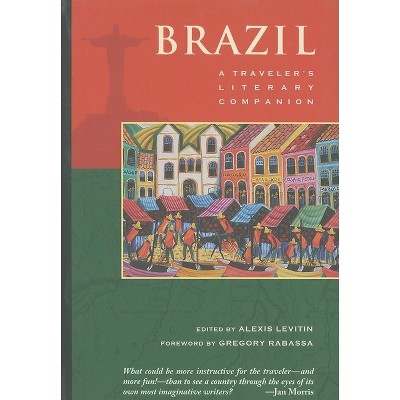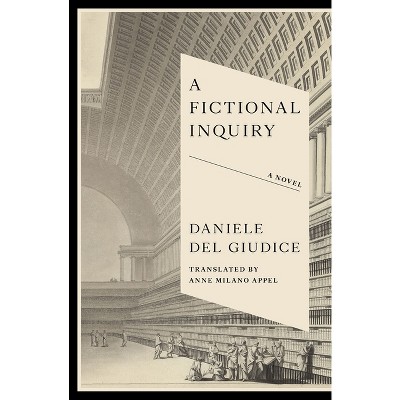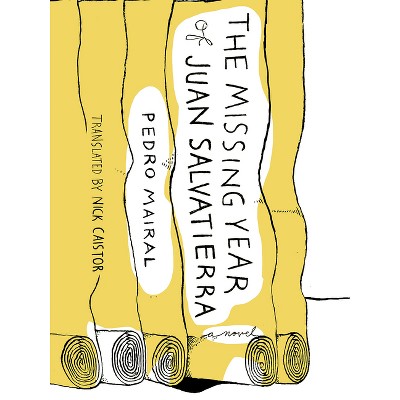Sponsored

There's No Point in Dying - by Francisco Maciel (Paperback)
Pre-order
Sponsored
About this item
Highlights
- "Alluring . . . powerful . . . an indelible depiction of a community on the brink of disaster.
- About the Author: Francisco Maciel was born in Rio de Janeiro in 1950, the son of a maid and a shopkeeper.
- 312 Pages
- Fiction + Literature Genres, Literary
Description
Book Synopsis
"Alluring . . . powerful . . . an indelible depiction of a community on the brink of disaster."--Publishers WeeklyIn this kaleidoscopic novel set in a favela of Rio de Janeiro--"in the city of stray bullets, in the land of lost opportunities"--a gang member runs wildly through the streets not knowing he has only seven minutes left to live. Barflies, prostitutes, immigrants, a gay couple, a taxi driver, cops, a mobster, and more populate Francisco Maciel's first book to appear in English. Leaping back and forth across time and spiraling into the surreal, the novel coalesces around a brutal massacre. Maciel's multiracial characters write poetry and discourse on soccer, insects, samba, and climate change. Gritty, unpredictable, and percussive, There's No Point in Dying is translated by National Book Award winner Bruna Dantas Lobato.
Review Quotes
"Set in the slums of Rio de Janeiro, Maciel's alluring English-language debut strings together phantasmagoric vignettes . . . Maciel crafts powerful set pieces . . . It's an indelible depiction of a community on the brink of disaster."--Publishers Weekly
"There's No Point in Dying is a harrowing novel in vignettes, a story of a community intent on survival through whatever means necessary."--Foreword Reviews
"A novel in circles, the force of which hurls its characters toward the center, with an ever-increasing intensity, making them disappear and reappear, letting an aura of purity shine through. In the end, they all desire a lost innocence. It's neither a world of criminals nor victims, but of humans subjected to every misfortune."--Rascunho, The Newspaper of Brazilian Literature
About the Author
Francisco Maciel was born in Rio de Janeiro in 1950, the son of a maid and a shopkeeper. He became a manual laborer before age six, when he went to school to escape such work and later managed to enter an elite high school. He studied journalism at university but gave up because he felt "too foolish and unprepared for life," before hitchhiking around South America.Bruna Dantas Lobato is a Brazilian writer and literary translator who teaches English and creative writing at Grinnell College. Her translation of The Words That Remain by Stênio Gardel won the National Book Award for Translated Literature.
Shipping details
Return details
Frequently bought together



Guests also viewed












